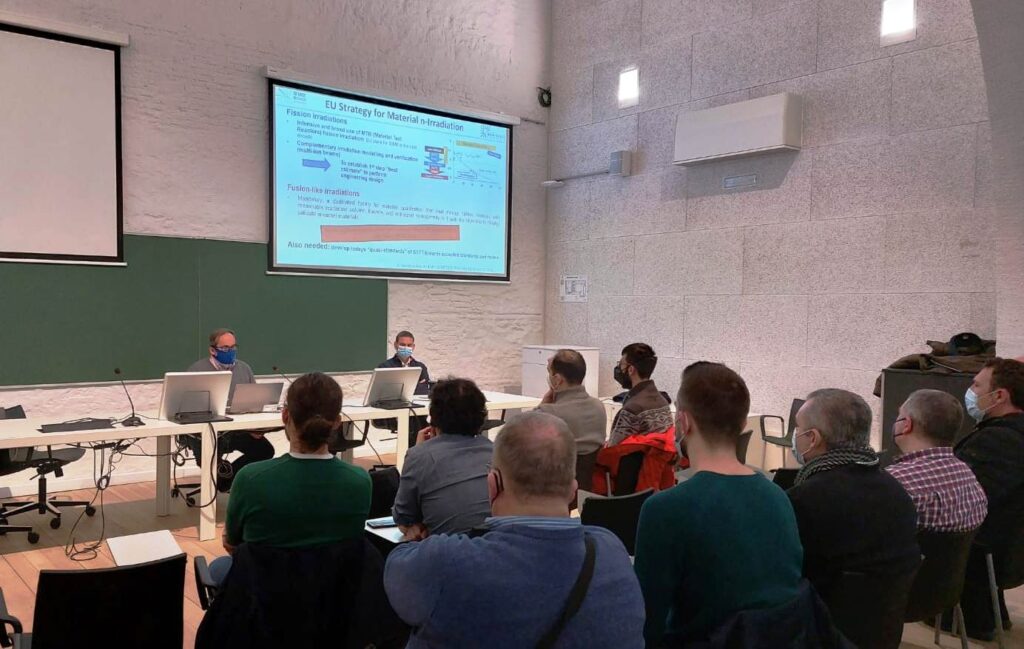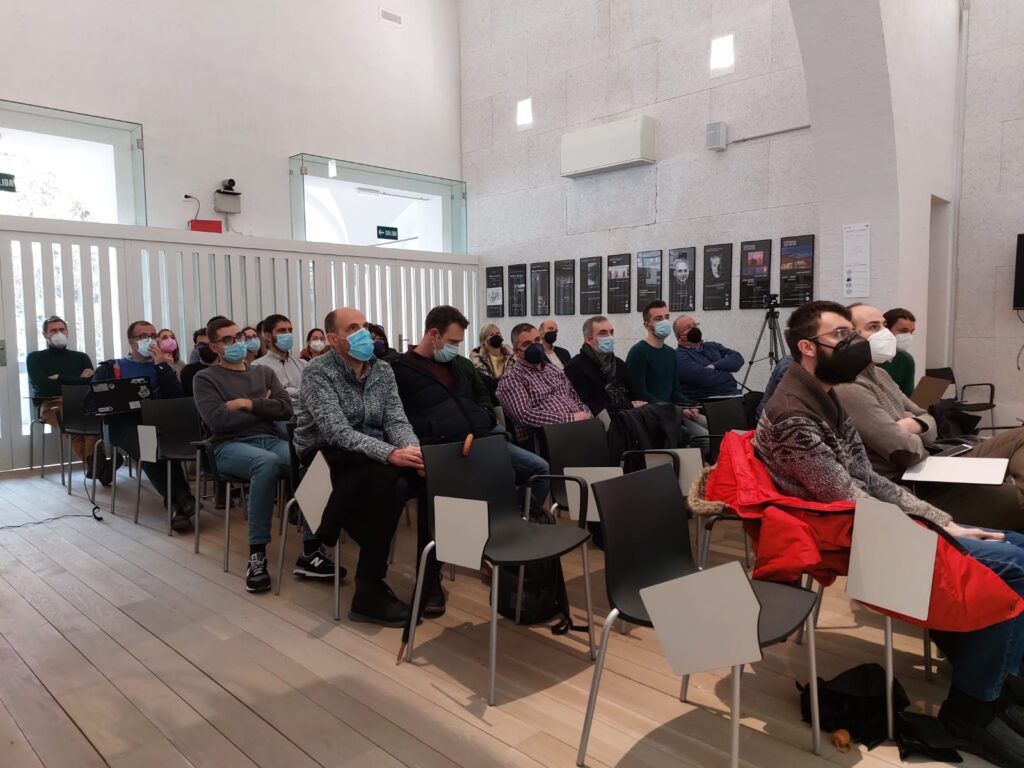Status of the DONES project and its logistics design and maintenance addressed at the second gathering of the DONES Meetings
The second gathering of the DONES Meetings was celebrated last March 25th at the School of Architecture of the University of Granada. Two lectures were given at this session: the first focused on logistics and maintenance and the second addressed the status of the project. The speakers in charge were Fernando Arranz, researcher at the National Fusion Laboratory in CIEMAT, and Ángel Ibarra, Director of IFMIF-DONES España, respectively.

Logistics and Maintenance at DONES was the title of the first presentation of a technical nature. Arranz described and justified the aims of the working group involved, among which the obtention of an operation license is prioritized. The working group is also responsible for complying with the different regulations applicable to the facilities. The Safety Guides edited by the Spanish Nuclear Safety Council are followed as a key reference and, particularly, the section devoted to verification of the facility and the related preventive maintenance plan.
The logistics and maintenance group also works for the achievement of the requirement of the highest level of operational availability of the facility: 70 % upon calendar with a continuous functioning with two planned beam stopping periods. The idea behind this is to reduce as much as possible the irradiation stopping times. To this end, all planned operations are collected in a maintenance matrix.
The works conducted at the VALERIA laboratory, belonging to the University of Granada, were also addressed by Arranz. Different simulation, virtual visits and virtual reality tools are developed at VALERIA, which will enable efficient cooperation between the designers of plant equipment, remote handling equipment and the specialists in defining maintenance tasks.
At the end of this first part, the attendees learned about the work developed by the German research group at KIT (Karlsruhe Institute of Technology). This group is currently focused on the transport of equipment inside the main building of DONES (DEMO Oriented Neutron Source) and on how the architectural design can solve possible problems in this first phase of the design.

Ángel Ibarra presented the DONES project within the context of Eurofusion’s Roadmap, the European institution in charge of coordinating research conducted in different institutes, with the conviction that the project is at a sufficiently advanced stage to start implementation as soon as possible.
The session was very dynamic, and there was room to comment on the need for a facility like DONES to characterize the materials for the construction of the future DEMO (Demonstration Fusion Power Plant), which requires structural materials with radiation resistance.
Ibarra also explained the role of F4E (Fusion for Energy), the organization in charge of managing Europe’s participation in the ITER project (International Thermonuclear Experimental Reactor), as well as in the construction of other large facilities such as LIPAc (Linear IFMIF Prototype Accelerator) and JT60 SA (Japan Tokamak 60 Super Advanced).
The seminar concluded with an informal chat between audience and speakers, leaving an atmosphere of teamwork and collaboration. This session is part of a series of monthly meetings launched by IFMIF-DONES España under the name DONES Meetings. Organised on a monthly basis, they are held in face-to-face and virtual format with the aim to facilitate greater cohesion between the teams working for the development of fusion energy.

